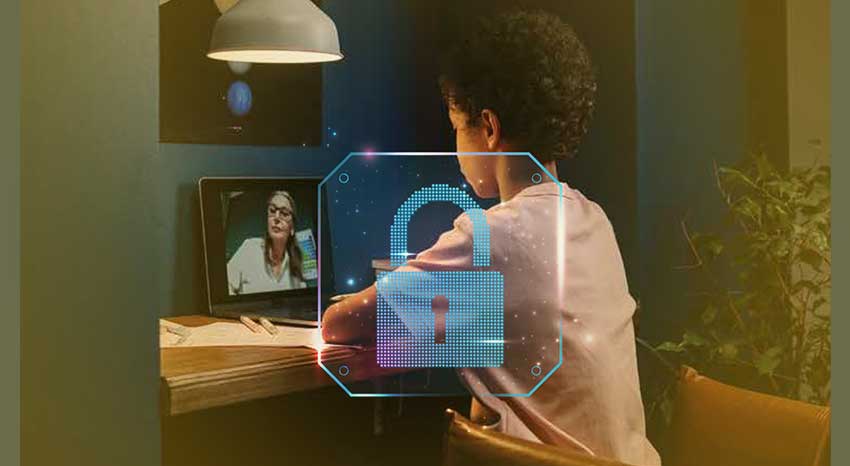
Watch Out! While You Are Online
Imagine driving through a rough terrain without any traffic signals or signals that are deceiving. Every inch of progress you make has the potential to endanger you. You, being online, are no different from driving though an unknown rough terrain. Every click you make, every page you visit, every unknown person you meet has the potential to causeharm.
The point is not to frighten you away from the possibilities of online world but to caution you to learn to avoid mistakes and traps. Children are more vulnerable to fall in danger. Children are geting exposed to online threats at a very early age. Also, they are spending more time online than ever before.The scenario demands us to develop more effective techniques to protect children against online threats. Cyberbullying and other forms of online violence can impact children's psychological health.
In this article, we will discuss the possibility of conquering some of the most common online threats as suggested by experts from all across the world
1. Cyberbullying
Cyberbullying is the most common form of online threat against children. To make it worse, the majority of the children don't report cyberbullying incidents. According to a study, 47% of children have been the victims of cyberbullying at some stage.
Nowadays, online games have become a virtual playground for children. They can be ridiculed to get their personal details, and cyberbullying could start there.
If you want to protect your children against cyberbullying, be more c"omfortable talking to them more openly about what’s happening in their lives. And, if they face any kind of cyberbullying, they should stand against it.
2. Phishing
Phishing is using emails to trick children into clicking malicious attachments and links. The hackers trick children into clicking on such links and can steal their personal data using them. Such links could be very difficult to detect for children.
A type of phishing known as smishing uses text messages or social media messengers to send such links. This type of phishing is more common these days.
If you want to save your children from phishing, teach them not to click on unknown emails and text from strangers. And they should be cautious about the messages that appear to be from their friends but seem "off" or do not have a genuine personal message attached.
3 Posting Private Information
Children do not consider social boundaries crucial. They post their daily-day stuff and personally identifiable information that shouldn’t be made public.
To stop your children from posting their life on social media platforms, speak freely with them about public boundaries and what they should mean to them. But make sure you avoid being nosey.
4 Sexual Predators
Sexual predators stalk children on gaming and social media plaltorms. They try to get in touch with children on these plaltorms and pretend to become friends. But, their objec- tive is to exploit their innocence and abuse their trust.
Mostly, such predators trick children into meeting somewhere. These incidents have become much more frequent after the introduction of online video games.
For this, again, talking to your children openly can turn out to be the most effective method of protecting them against sexual predators.
5 Falling For Scams
Children can easily fall prey to things that catch their atten-tion. Like, free online games or special features, these are not easily accessible. Cybercriminals can identify potential victims and trick them into giving them what they want in return for a reward.
If you want to protect yourself and your children from scams, teach them that if an offer sounds too good to be true, it might not be what it seems. Moreover, being cautious of online offers that promise too much can save you from scams.
6 Downloading Malware
Children can often be tricked into downloading malware software as a game. Later, cybercriminals can use malware software to steal the data from the device. Such issues mostly occur when games are downloaded from an unknown source.
Educating children against malware is one of the best protections you can provide them. Moreover, you can get help from the comprehensive, cross-device cyber security software and related security protections to protect your child against malware.
7 Posts that Can Be Used Against Them
The internet does not come with a delete button. Things that once happened online stay there. And it might cause them trouble after 10 years.
The internet can cause serious harm. It can change your future in a single click. So, let your child know that nothing they posted will be removed permanently. So, they should be careful about everything they post on their social media platforms

JAYESH SEBASTIAN
Leave a Comment
Success!
Your comment has been successfully posted..!



Comments